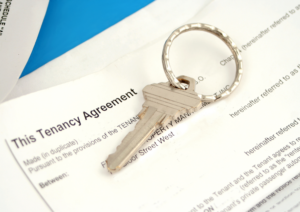Choose the right agency
Just as with anything else in life, there is no ‘one size fits all’, so shop around. Your choice of agent will be dependent in part on which aspect of the lettings process you need help with (usually the marketing to start with, but perhaps also the paperwork and the day-to-day management of the property). Another part of it, though, will be based on a hunch about what’s right for you. Do you feel confident in the agency’s expertise? Do you the staff listen to your point of view and make recommendations that seem sensible to you? Reviews – whether online or via personal recommendations – are always a good place to start, as a great reputation is not easy to gain! Having this confidence in your agency is essential, given that the staff will be helping you to make big decisions about your investment and the way that it’s handled. Why not try to mystery shop them yourself?











